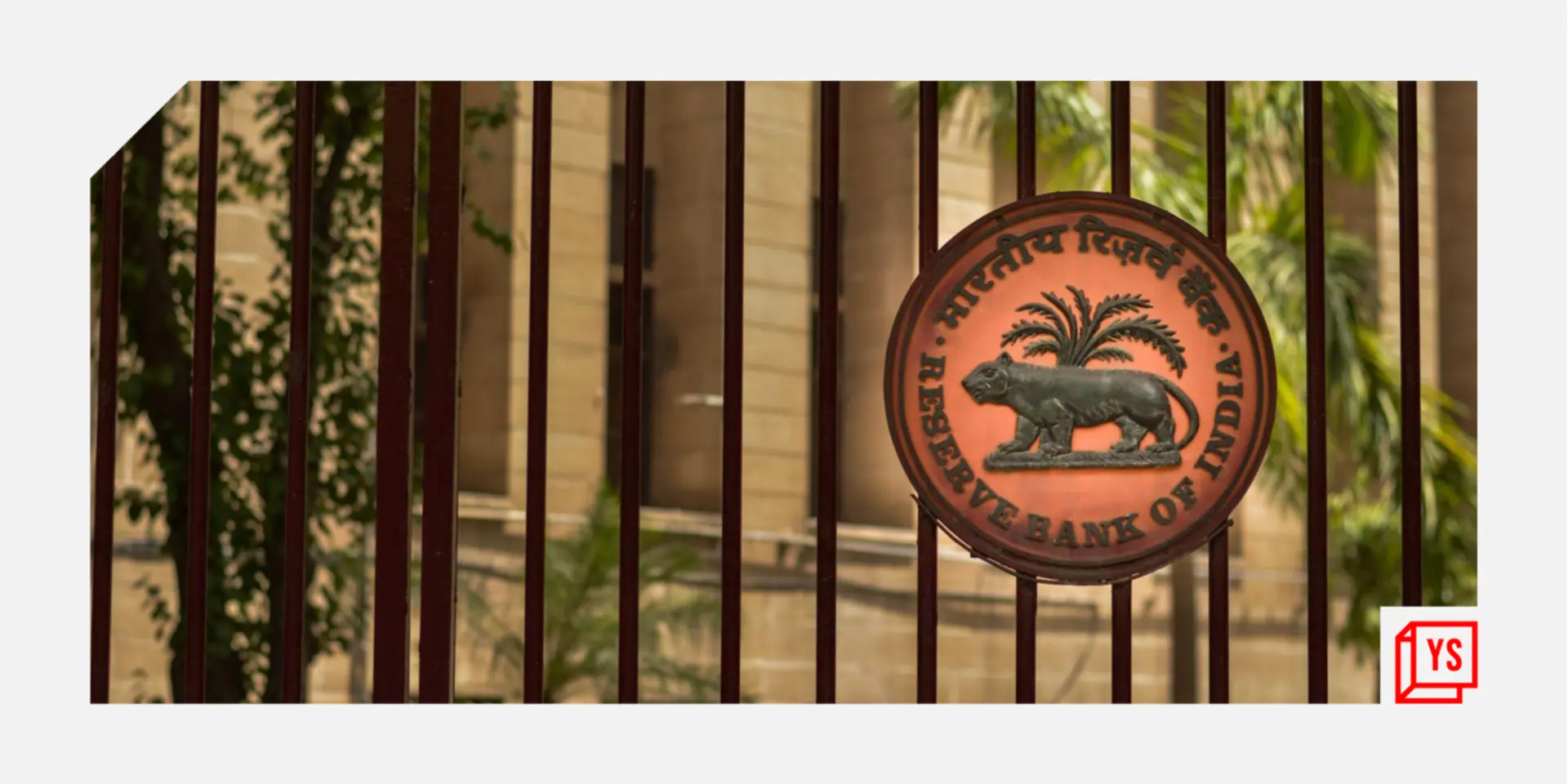RBI mulls charges over debit, credit card, UPI transactions; seeks public feedback
The RBI has released a discussion paper seeking feedback on charges in the payments system such as Immediate Payment Service (IMPS), National Electronic Funds Transfer (NEFT) system, Real Time Gross Settlement (RTGS) system.
The Reserve Bank of India (RBI) on Wednesday released a discussion paper seeking feedback on charges in the payments system, including Immediate Payment Service (IMPS), National Electronic Funds Transfer (NEFT) system, Real Time Gross Settlement (RTGS) system, and UPI. This also includes various payment instruments such as debit cards, credit cards and Prepaid Payment Instruments (PPIs).
“An efficient payment system requires that the fees/charges/prices are appropriately determined, to ensure optimal cost to users and appropriate return (revenue/earning) to operators. An ideal situation would be to leave such cost-related frameworks to be market-determined, based on demand, supply, growth and user considerations,” the RBI said in a release.
It added, "In this context, it was considered necessary to undertake a comprehensive review of the rules and procedures for levying charges in different payment systems, with the objective of assessing their impact on the efficiency, growth and acceptance of payment systems.”
The details of the discussion paper
Debit cards
The RBI has asked if debit card transactions can be charged as normal funds transfer transactions and should merchant discount rate (MDR) for debit cards be uniform across merchants.
MDR is a fee percentage charged to merchants by payment service providers for using their processing services. It is shared between the card issuer (such as VISA, Mastercard, AMEX) and the bank.
In the discussion paper, the RBI has asked if it should deregulate MDR for debit card transactions and let stakeholders decide on the optimum level of MDR and interchange.
Further, payments through UPI and RuPay debit cards do not attract any MDR. Others like Visa and Mastercard debit cards, however, attract MDR which is shared among the acquirer and issuer banks.
The central bank has put forth if "RuPay cards be treated differently from other debit cards affiliated to international card networks in terms of MDR”.
Credit cards and PPI
The RBI has sought feedback on regulating MDR for credit cards and PPI transactions. Credit cards have a higher MDR compared to debit cards. Also, RBI is seeking an option of regulating interchange for credit card transactions instead of MDR or both.
One way of doing it is by making MDR of credit card transactions equal to MDR for debit card transactions (first cost), plus the average rate for 30 days’ credit of a few large banks (second cost), considering that a customer gets an average 30-day free credit period on a credit card transaction.
In the PPI transaction’s case, the RBI has asked if it would be reasonable to charge a high MDR given that no credit is extended in the case of PPIs.
UPI
The Government has mandated a zero-charge framework for UPI transactions with effect from January 1, 2020. This means that charges in UPI are nil for users and merchants alike.
The central bank has sought feedback from stakeholders on the possibility of imposing a “tiered” charge on payments made through the UPI, based on different amount bands.
“UPI as a funds transfer system is like IMPS. Therefore, it could be argued that the charges in UPI need to be similar to charges in IMPS for fund transfer transactions. A tiered charge could be imposed based on the different amount bands,” the RBI said in the discussion paper.
Currently, no cost is incurred by users or merchants in the case of payments made through UPI.
In the context of zero charges, is subsidising costs a more effective alternative, the RBI has asked, and if UPI transactions are charged, then should the MDR be imposed based on the transaction value or should a fixed amount be charged as MDR irrespective of the transaction value.
Further, it has sought feedback on whether the RBI should decide on the charges or the market be allowed to determine if charges are introduced at all.
“In any economic activity, including payment systems, there does not seem to be any justification for a free service, unless there is an element of public good and dedication of the infrastructure for the welfare of the nation.
“But who should bear the cost of setting up and operating such an infrastructure, is a moot point...,” according to the Paper.
The RBI has asked for feedback and suggestions before October 3.
Edited by Saheli Sen Gupta








